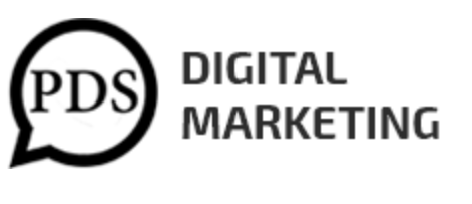The most critical details in this text are that website visibility is essential for online success and that keywords are like signposts that guide search engine users to your digital doorstep. A keyword research tool is a powerful resource that helps identify the words and phrases used to search for information, products, or services, and by utilizing these insights, you can significantly boost your website’s visibility and attract valuable organic traffic. This journey will transform your website’s visibility and take it to new heights.
What is a Keyword Research Tool?
A keyword research tool is like having a super-smart assistant who helps you navigate the complex world of online searches. Its primary purpose is to uncover those magic words and phrases that can skyrocket your website’s visibility. Keyword research tools come in various shapes and sizes, offering unique features and insights. From popular options like Google Keyword Planner and SEMrush to specialized tools like Ahrefs and Moz, there’s a tool for every need and budget. So, how do these tools work their magic? They dig deep into the vast ocean of search data, analyzing trends, search volumes, and competition. With their help, you can unearth those golden keywords that perfectly align with your target audience’s interests and intent. It’s like uncovering hidden treasure—except this treasure comes as valuable organic traffic.
Why is Website Visibility Important?
Website visibility is not just a fancy buzzword; it’s the secret sauce that can make or break your online success. Picture this: you have a stunning website with unique content, but it might as well be invisible if it’s buried on the 10th page of search engine results. That’s where the magic of website visibility comes into play. When your website enjoys high visibility, it’s like having a spotlight illuminating your digital presence. The benefits are immense. Firstly, high visibility means more eyes on your website, increasing brand awareness, credibility, and trust. But it doesn’t stop there. Improved visibility directly impacts organic search traffic and conversions. Attaining a superior position in search engine results can attract more prospective clients who are diligently searching for the products or services you offer. And we all know that targeted traffic translates into higher conversions and business growth chances. It’s like having a constant stream of potential customers knocking on your digital door.
Moreover, there’s a strong connection between visibility, search engine rankings, and user engagement. When users easily find your website, they spend more time exploring its content, interacting with your brand, and sharing it with others. This user engagement signals to search engines that your website is valuable and relevant, further boosting its visibility. So, take into account the power of website visibility. With the key, you can unleash your full potential online and distinguish yourself in a highly competitive digital landscape, leading to the success you deserve.

